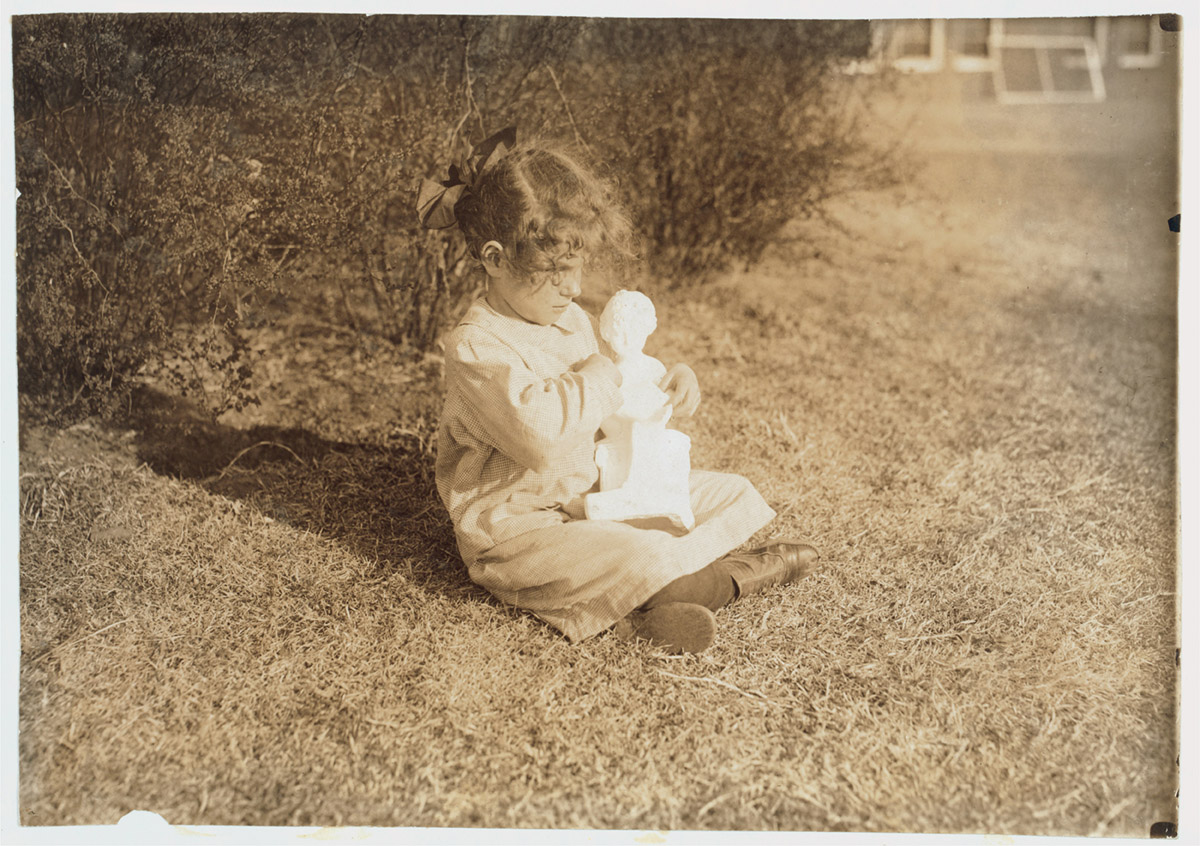
Usher Syndrome
Usher syndrome is an inherited condition which is characterized by hearing and vision loss. In some cases a person with Usher syndrome may develop the problems with balance. The cause of Usher syndrome is a genetic disorder which can be inherited if both parents are carriers of the particular gene mutation.Types
There are three types of Usher syndrome. In type I babies are born deaf and they can develop serious problems with balance. Loss of vision usually develops later in childhood. The symptoms of blindness start to show before the child turns 10. Vision loss progresses rapidly and the child can experience total blindness. The child may not be able to sit straight without support and he/she will have impaired ability to walk. In type II hearing and vision loss do not progress so rapidly as in type I. People with Usher syndrome type II do not develop problems with balance. Deafness may not be present at birth and problems with vision can start after a child enters puberty. In type III babies are born with ability to hear and see. Problem with balance may occur in this type but it is less severe than in type I. People with type III will start to lose hearing ability in childhood or in teenage years. Vision impairment usually starts in puberty. Some people may develop symptoms even later in live, but by the age of 40, they will be deaf and blind.Cure
There is no cure for Usher syndrome at the moment. There are ongoing researches regarding gene therapy and diagnostic measures. The treatment options can help the person with Usher syndrome to communicate and postpone vision and hearing loss for a while.Treatment
Treatment options for Usher syndrome may increase the quality of life but they will not provide cure. There are hearing aids or implants which can be helpful and also special training programs which can help with communication. Unfortunately, children with Usher syndrome type I will not benefit from any hearing aids. The best treatment in this case is finding the most appropriate way to communicate. It is important to seek professional help for your child as soon as possible because the child will be able to acquire different communication techniques more easily while the ability to see is not impaired. People with Usher syndrome types II and III may have benefits from hearing aids and cochlear implants. Since the progression of symptoms is not so rapid, the child will have more time to learn alternative communication methods.

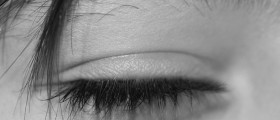

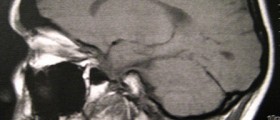


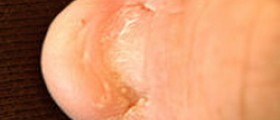


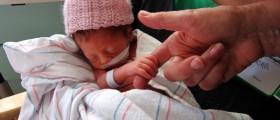
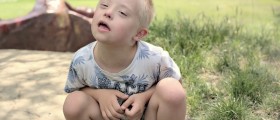
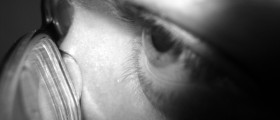

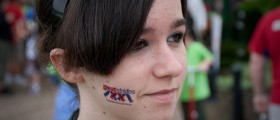
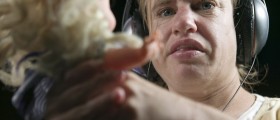
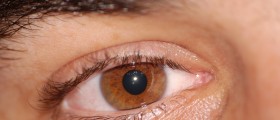
Your thoughts on this
Loading...